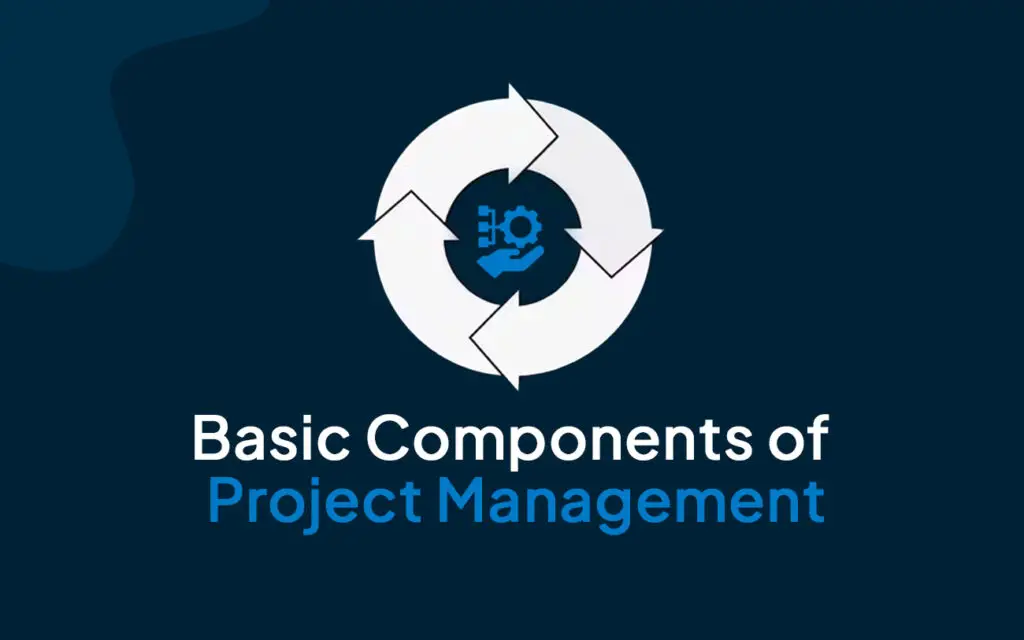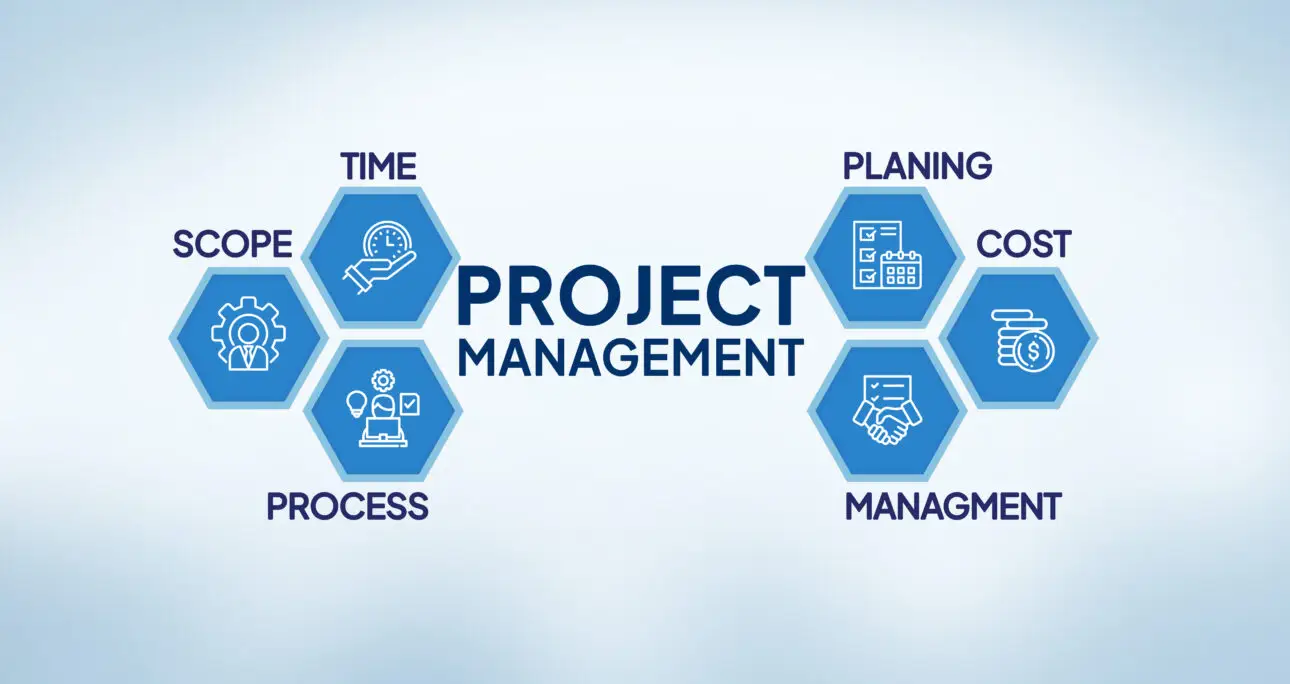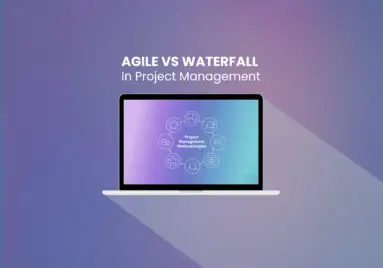Managing a project, whether it is planning a family event, launching a new product, or completing a work assignment can often feel like trying to juggle a hundred things at once.
You have probably experienced it before like missed deadlines, miscommunication between team members, going over budget, or even feeling completely overwhelmed by all the moving pieces.
But here is the good news!
Understanding the basics of project management can take you from stressed and scattered to organized and confident. In this blog, we will break down the essentials of project management so you can stay on top of any project, meet your deadlines, and avoid common pitfalls.
Table of Contents
What is Project Management?
Project management is all about getting things done. It is the art of planning, organizing, and overseeing the completion of specific goals within a set timeframe. Think of it as a roadmap for success. You have got a destination in mind, and PM helps you figure out the best way to get there.
It involves:
- Setting clear objectives
- Planning the steps to achieve those objectives
- Assigning tasks to team members
- Keeping track of progress
- Solving problems as they come up
- Making sure everything stays on budget and on schedule
It is like cooking a big meal for friends. You plan the menu, shop for ingredients, assign cooking tasks, and make sure everything is ready at the right time. That is project management in a nutshell!
Importance / Benefits of Project Management
Why bother with project management? Well, it is like having a GPS for your project. Through this you will stay on the track.
Below are some key benefits:
Better results:
With proper planning and execution, you are more likely to achieve your goals.Efficient use of resources:
It helps you make the most of your time, money, and people.Improved communication:
Everyone knows what they are supposed to do and when.Risk management:
It helps you spot potential problems before they become big issues.Customer satisfaction:
When projects run smoothly, clients are happy!
Basic Components Of Project Management
Lets talk about some common project management concepts and terms.

• Scope:
What the project contains and excludes.
• Deliverables:
The end products or results of your project.
• Milestones:
Important checkpoints in your project timeline.
• Gantt Chart:
A visual timeline of your project tasks.
• Stakeholders:
Anyone interested in or related to the project.
• Risk:
Potential problems that could impact your project.
Types of Project Management
Just like there are different types of music, there are different approaches to PM.
1. Waterfall:
This is the traditional, step by step approach. You complete one phase before moving to the next.
2. Agile:
This is a flexible approach that breaks the project into small chunks called “sprints.”
3. Scrum:
A type of Agile project management that uses short, time boxed sprints and daily stand up meetings.
4. Lean:
Focuses on maximizing value while minimizing waste.
5. Six Sigma:
Aims to improve quality by reducing errors.
Process of Project Management
The project management process is like a journey.
1. Initiation:
This is where you define the project and get approval to start.
2. Planning:
Here, you create a roadmap for the project. What needs to be done? When? By whom?
3. Execution:
Time to put your plan into action!
4. Monitoring and Controlling:
Monitor developments and make adjustments as needed.
5. Closing:
Wrap up the project, review what worked and what didn’t, and celebrate your success!
Remember, these steps often overlap and you might cycle back to previous stages as things change.
Elements of Success in Project Management
What makes a project successful?
These elements are key:
1. Clear goals:
Everyone should be aware of what makes success.
2. Strong leadership:
A capable project manager can have a profound impact.
3. Effective communication:
Regular updates ensure that everyone is on the same page.
4. Realistic planning:
Be ambitious, but stay grounded in reality.
5. Risk management:
Prepare for the unexpected.
6. Team collaboration:
Create an environment of teamwork and support for one another.
7. Adaptability:
Be ready to change course if needed.
Conclusion
Project management is a powerful tool that can help turn big ideas into reality. It is not always easy, but with the right approach and attitude, it can be incredibly rewarding. Whether you are organizing a community event, developing a new product, or building a space station, good PM can make all the difference.



